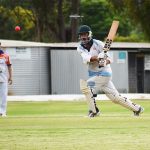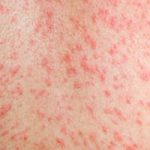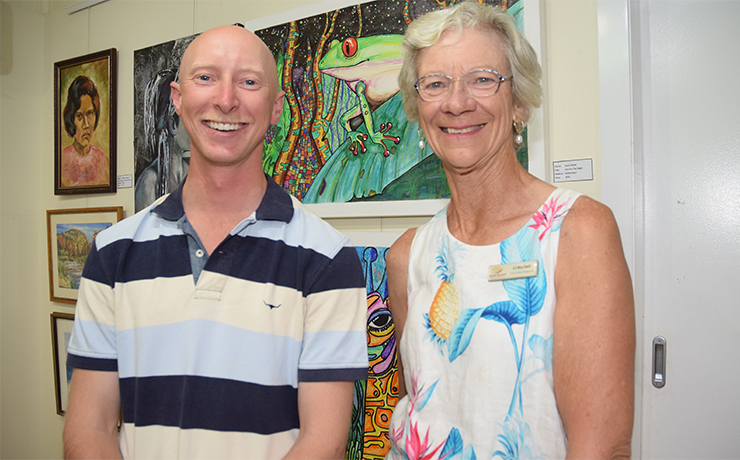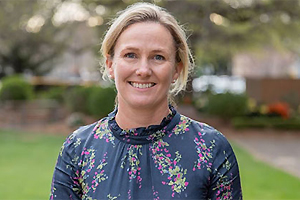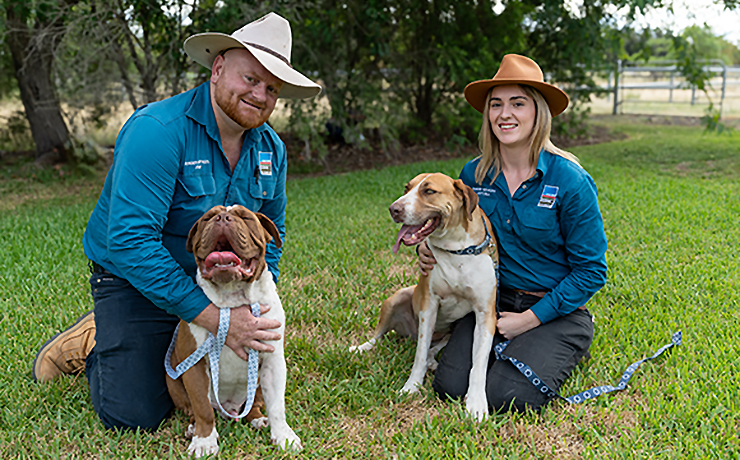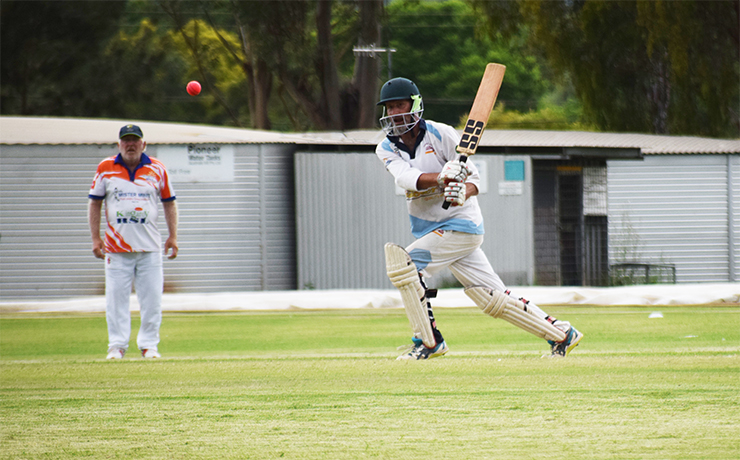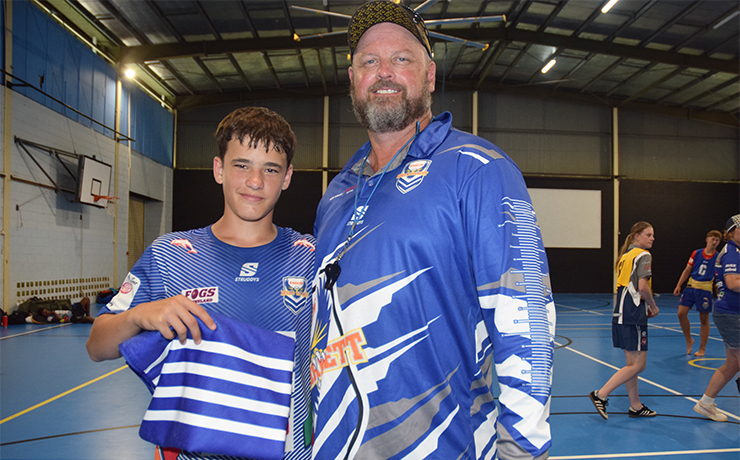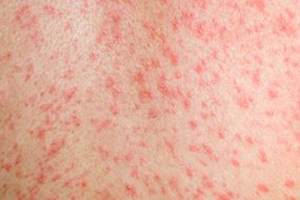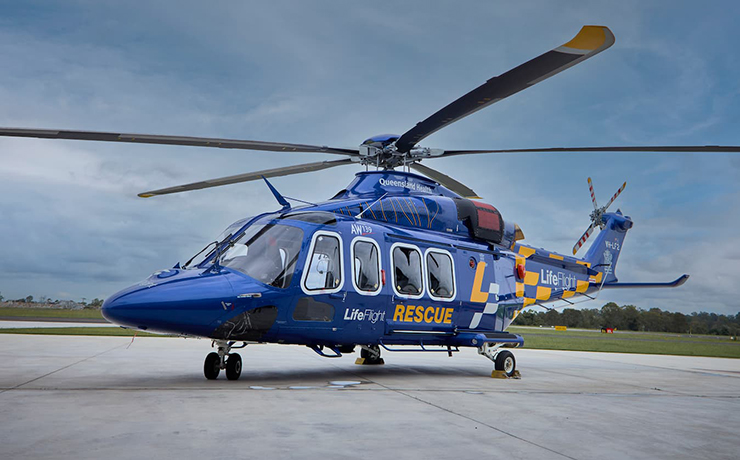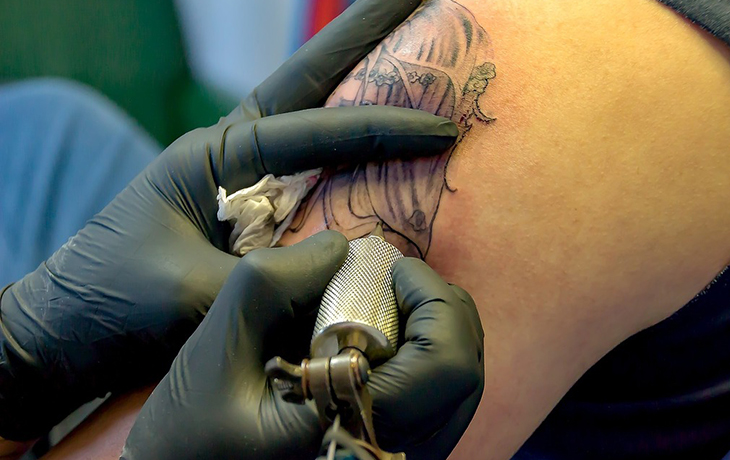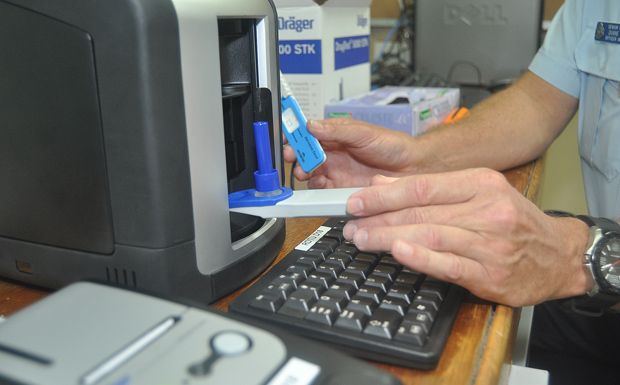
May 30, 2014
A mobile police drug-testing unit pulled over three drivers in two hours yesterday in Nanango … and two tested positive to illegal drugs.
Police say a 21-year-old Nanango tradesman was stopped on his way from one job to another. He allegedly tested positive to cannabis and admitted he had smoked a joint during the State of Origin match the night before.
A 39-year-old Nanango woman allegedly tested positive to cannabis and amphetamines.
The drug testing unit, headed by Senior Constable Amanda Kenyon, then shifted to Kingaroy, where a 24-year-old Gympie man in town on business allegedly tested positive to cannabis and methamphetamine.
Senior Sergeant Duane Frank, from Kingaroy Police, said the testing was part of “Operation Pattern”, an ongoing road safety campaign specifically targeting drug drivers in the Kingaroy and Nanango areas.
Today, a 26-year-old man in Nanango also tested positive to cannabis.
“So far four people have been charged with drug driving,” Snr Sgt Frank said.
“This is a serious concern to local police and reinforces our zero tolerance approach to road safety.”
Snr Sgt Frank said the random drug test operations would continue at regular intervals.
He said it was very disturbing that people chose to consume illegal drugs and then make the poor decision to drive, putting themselves and other road users at risk.
* * *
The drug testing unit – part of a group of 24 officers who travel the State – will be in the South Burnett until next Wednesday.
Snr Constable Kenyon said the roadside test can detect cannabis use within the past 24 hours or so, and amphetamine use for up to a week.
However, this can vary from person to person, depending on body weight and size, and the strength of the drug used.
It can detect all forms of amphetamines including ecstasy and ice.
In a roadside test, the police officer will ask the driver to lick a strip. This will indicate in a few minutes whether cannabis or amphetamines have been detected.
If positive, the driver is retested on a bigger unit back at the police station. A vial of saliva is collected tested in a bench-top analyser. This sample is then also sent to Queensland Health for further testing.







